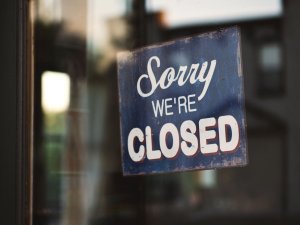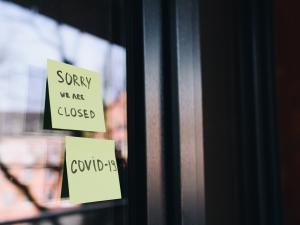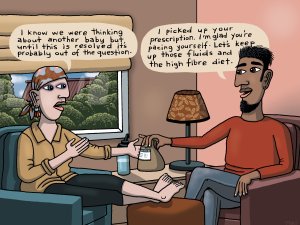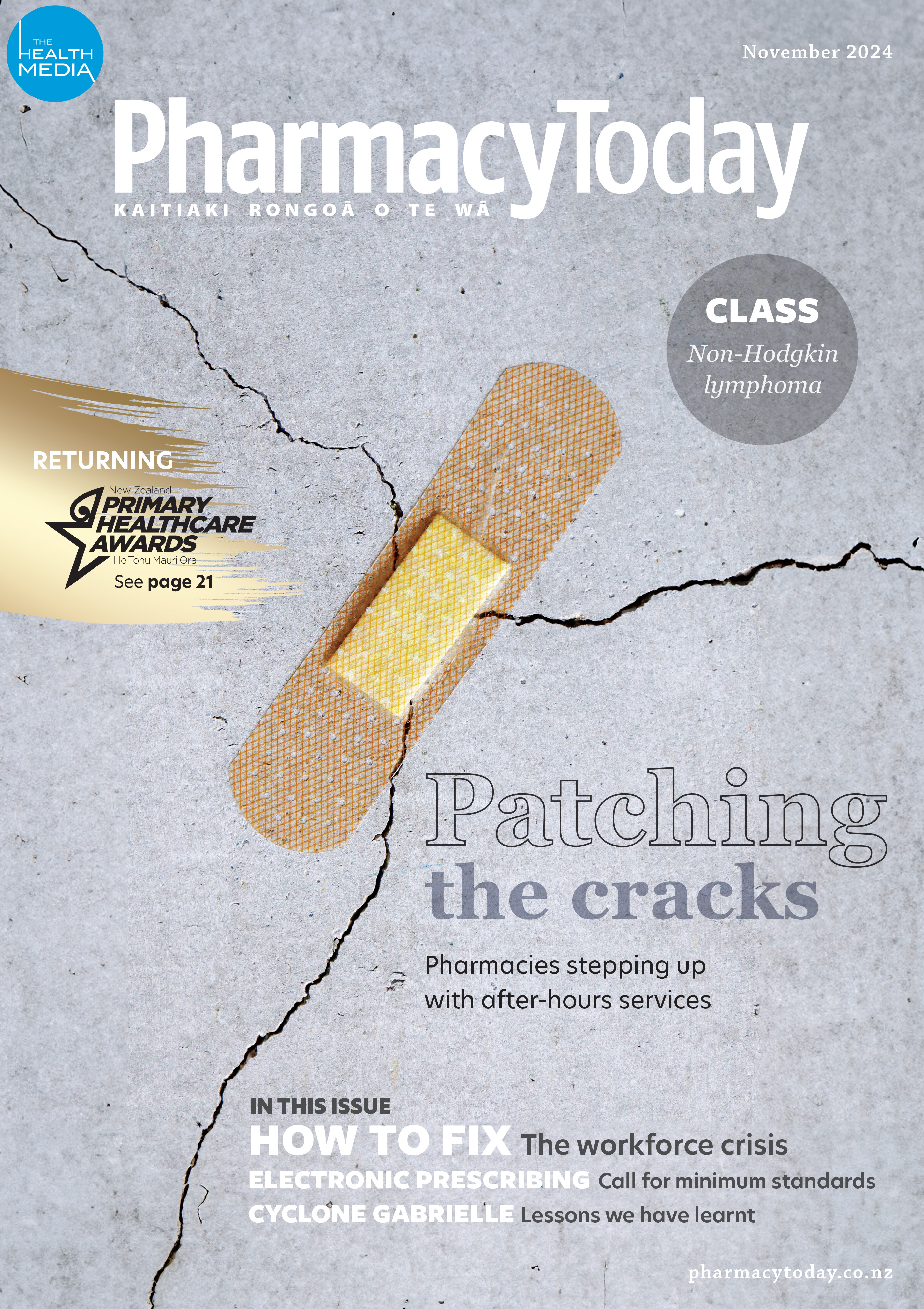Academic pharmacist Nataly Martini highlights the importance of understanding non-Hodgkin lymphoma and pharmacists’ roles in managing this condition
Smaller pharmacies told to focus on points of difference
Smaller pharmacies told to focus on points of difference

As more independent pharmacies close and increasing numbers of discounters open, smaller pharmacies are being urged to advertise that their prescriptions are now free and to highlight their points of difference.
Thirty-three pharmacies have closed in the nine months ended 30 April – twothirds of them independent. Twenty pharmacies have opened during that period – more than half discount pharmacies.
Pharmacy Today obtained the figures from the Ministry of Health through an Official Information Act request.
The closed pharmacies include 21 independent, five Unichem, five Countdown, one Life and one Bargain Chemist. Those that opened include six Chemist Warehouse, four Countdown, three Bargain Chemist, one Costco Pharmacy, five independent and one Pharmacy Now, which is online only.
There was a similar pattern in the year ended 30 June 2022. Thirty pharmacies closed, including 22 independent pharmacies, six Unichem and two Life. Of the 27 pharmacies that opened during that time, 10 were Chemist Warehouse, four Bargain Chemist, three Countdown and one Unichem, and nine were independent.
The highest number of pharmacies closing in the nine months ended 30 April were in the Waitematā district, which includes west and north Auckland (9), followed by Taranaki and Canterbury (5 each). The highest number of openings was also in Waitematā (7), followed by Canterbury (5).
In the year ended 30 June 2022, the most closures were in Auckland and Waitematā, where six pharmacies closed in each district. The highest openings during that time were in Waitematā (6) and Counties Manukau (6), south Auckland.
Oak Park Chartered Accountants director Hugh Lopdell has 30 pharmacy clients nationwide; none have closed. However, Mr Lopdell has heard that many pharmacies have folded during the past few years due to staffing shortages, not primarily because of the number of discounters opening. He says that pharmacies lost staff and couldn’t replace them, so their situation became untenable.
One pharmacist told him they didn’t want more work because they couldn’t handle the scripts they had now. Many understaffed pharmacies are waiting for migration to bring more pharmacists into the country.
He says that pharmacies in central business districts were under strain, with a large chunk of the population working from home due to the pandemic. Those in heavily touristed areas like Rotorua and Queenstown have also been hurt. Some pharmacies were discounting the copayment to compete with discounters, which exacerbated the situation.
“It’s a good time [for pharmacies] to remember they’ve just got a win,” says Mr Lopdell. The discounters have a big box retail model, so people who want cheap perfume, for example, will always go there, he says. However, in theory, the scrapping of the $5 copayment makes smaller pharmacies more competitive.
Pharmacies need to clarify the scrapping of the copayment by putting a sign in their window saying prescriptions are now free. Chemist Warehouse already has a big banner outside advertising free scripts. Now that point of difference has gone, other pharmacies can compete more directly, he says.
“It’s a kind of a battle, and hardened multi-nationals like Chemist Warehouse fight for business,” says Mr Lopdell. Other pharmacies need to be business-like in the way they compete. “It’s all about a point of difference,” he says. That difference could include the fact they are local and more accessible. They must highlight what they do well, especially services such as vaccinations and antivirals.
Pharmacies should ensure they have a consultation room and hire an extra staff member or two as soon as possible to deliver jabs and antivirals. Mr Lopdell thinks discount pharmacies provide fewer services and also have staffing issues.








